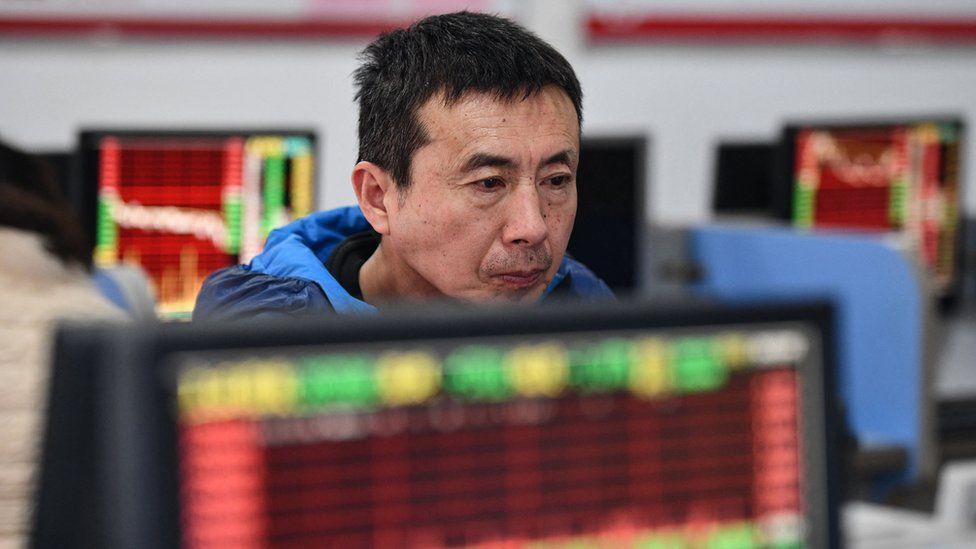-

-
-
Loading

Loading

China has implemented stricter financial industry regulations in an attempt to address the ongoing decline in its economy. Over $6 trillion has been lost in Chinese and Hong Kong stocks since their peak three years ago. The China Securities Regulatory Commission (CSRC) has introduced these measures to establish a fairer market order. The new rules, effective from Monday, include restrictions on "short-selling," a trading strategy where traders bet on the decline in value of an asset. Short selling is controversial, with defenders arguing that it aids in determining an asset's true value, while critics believe it undermines companies. These measures follow a series of previous informal actions by the CSRC, which have had limited success in stabilizing the financial markets. Additionally, the real estate sector's troubles, resulting from government restrictions on borrowing by developers, have further aggravated the crisis. This has exposed issues within China's unregulated shadow banking sector, which has lent billions of dollars to developers. Moreover, China's economy is showing signs of a significant slowdown, with lower growth rates compared to pre-pandemic levels, a decline in exports, and a rise in youth unemployment and local government debt.